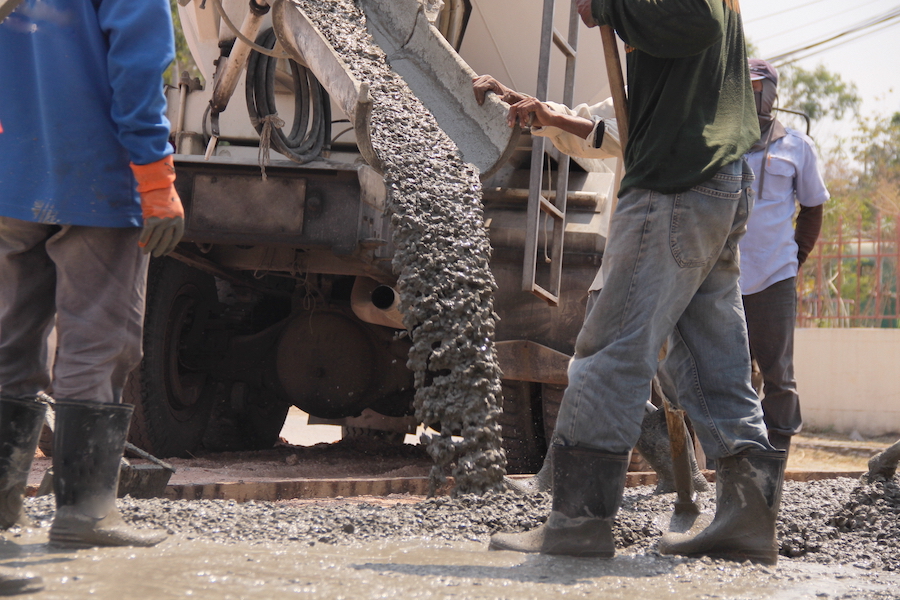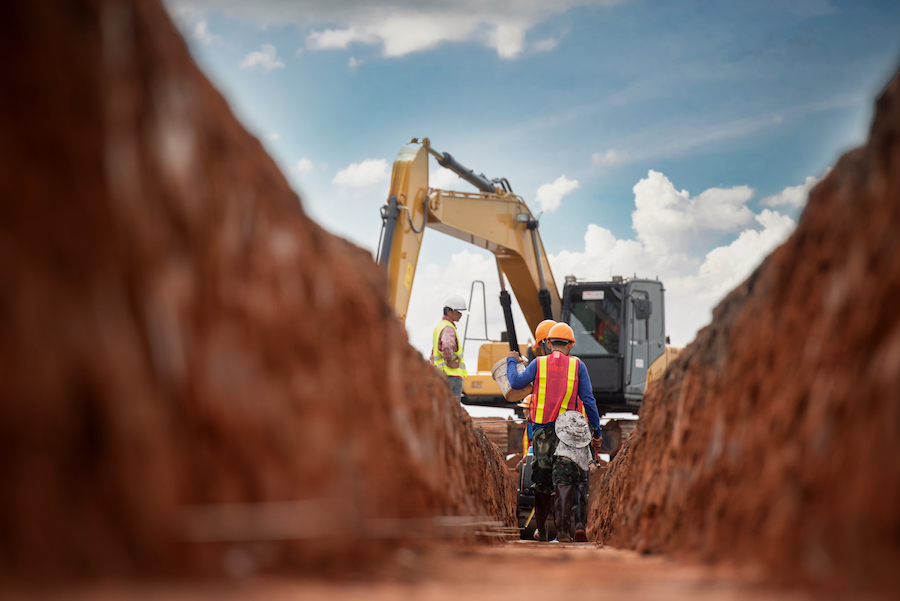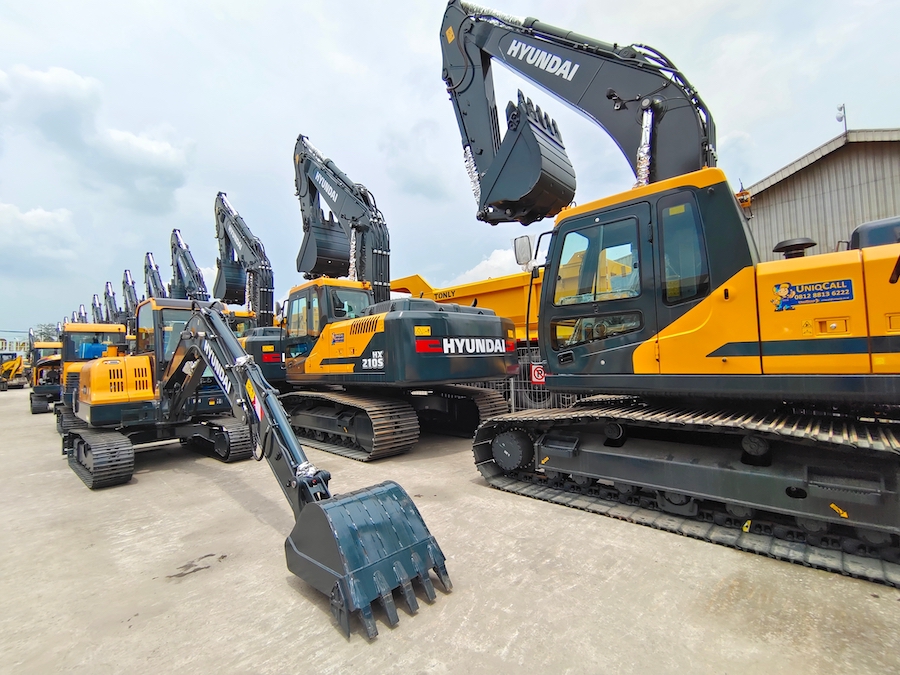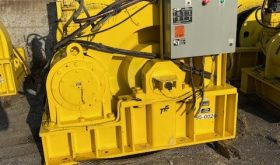
Most construction businesses rely on a flexible workforce. This can be temporary workers, freelancers, and – most importantly – subcontractors. Even if you could do every task required on, say, a remodeling job, you’ll need help as your construction business grows. Short of cloning yourself, you’ll need to hire and work with subcontractors. In this article, we’ll discuss best practices in hiring and working with subcontractors.
What is a subcontractor?
A subcontractor is usually hired to perform specialized work of some type on a project. A subcontractor does not work or typically communicate with the project owner (client) directly. A general contractor or builder is hired by the project owner and is responsible for assembling and managing a team to deliver the project. The subcontractor’s agreement is with the general contractor. They are not an employee of the general contractor but are contractually obligated to them. The general contractor is also contractually obligated to the subcontractor. In other words, you have a written agreement to do work and both parties are legally bound by that agreement.
Sub-Subcontractor
In some cases a subcontractor will also hire subcontractors. These are “sub-subcontractors.” It simply means that a sub-subcontractor’s legal obligation is to the subcontractor – not the general contractor.
Why Hire a Subcontractor?
There are three key reasons to hire subcontractors:
- To handle specialized work you or your team is not licensed to perform.
- To fill in for work where an employee is unavailable.
- To take on work your current team does not have the time or skills to handle.
It can be tempting to take on simple electrical or plumbing work. But there are situations where it is best (or required) to have a licensed electrician or plumber do the work. Whenever you’re tempted to cheap out, think of the cost of a lawsuit. Even if you win a lawsuit – you lose. It’s time better spent building your business and lawsuits have the potential to hurt your construction company’s reputation.

Hiring a Subcontractor
First you want to make sure that they can be legally classified as an independent worker. There are scenarios where a subcontractor can make a case for actually being an employee of your construction business. This would give them access to benefits such as overtime, vacation days, and sick time. This is less of an issue in construction, but you should be aware of a legal test that is sometimes applied in California, called the Borello test. It can get complicated and it’s not necessary to get into the weeds. Generally, an independent worker:
- Has their own separate business location (this includes a residence).
- Has a business license and any other professional licenses and permits related to the work they perform.
- Set and / or negotiate their own rates for their services.
- Set their own hours.
- Do similar work under contract for other businesses besides yours.
- Make decisions independently while performing their services on your jobsite.
- Is paid on a 1099 and is willing to file a W-9 with your company. (More on this later.)
When in doubt, consult with your attorney.
Hiring Construction Subcontractors
Here are a few good practices when hiring subcontractors:
- Provide them with a detailed scope of work.
- Have a clear and fair bidding process.
- Always check credentials, insurance, and safety record.
- Ask for references and contact them.
- Keep a checklist of activities to perform and questions to ask each subcontractor.
Let’s talk about each of these points in more detail.
Scope of Work
You want to provide the details of the work you want them to complete including the schedule and major milestones.
Bidding Process
It’s much easier to review bids that are in the same format and include the same information. You can always add a section for “Is there anything else you’d like to tell us about your company?” This will allow the subcontractor to address anything they feel is missing. Provide a form with instructions and a list of required documents they must submit and the deadline for submission. Be respectful of their time by making it clear up front that, for example, they must hold certain licenses and insurance to be considered. This also ensures that the process is fair – since every subcontractor is providing the same information.
Checking Credentials & Insurance
The subcontractor should provide their license number and you should check it against your state’s database. They should have at least minimum liability coverage for their work vehicles and general business insurance. They should show proof of insurance in addition to their insurance agent’s contact information. Call the agent and confirm that coverage is still in force before they begin work.
References
We here at E&C are big on checking personal references. Yes, it could be their best friend from elementary school. But ask open ended questions and keep your trap closed while they answer. It’s amazing what even a “best” friend will say. Also, you want to make sure that the person actually exists. If they are willing to lie about a personal reference, what else might they be lying about?

Checklist
Your checklist is to ensure that you don’t miss any important steps in the review process. It’s also a place to list questions. Some questions are fairly generic, others may be specific to type of work to be performed. Typical questions include:
- Have you done similar work? If so, can you provide examples?
- What type of tools and equipment will use for this job? Your goal here is to ensure that the subcontractor is using proper tools and equipment for the job. There are some situations where old equipment can raise your liability. Or poorly maintained equipment and tools can slow down the work.
- Do you use temporary workers, subcontractors, or direct employees for the work? You want to get a sense of the experience and expertise of their team.
- What is your safety record? Have you ever been sued?
- Can you provide business and personal references?
- Are you insured? Are you bonded?
- Will you sign a contract? If the answer is “no” then move on. If a subcontractor is not willing to sign a contract, then it’s a sign that you are not dealing with a pro.
What’s in a Subcontractor Agreement?
These are typical elements of a subcontractor agreement. Your agreement may be different depending on the laws of your state, the specific work being performed, and any other details not included here. It is best to have your attorney review (and probably write) your subcontractor agreements.
Schedule
You want to include a detailed schedule in the agreement. There are normally natural checkpoints in a subcontractor’s work. You could tie the schedule to inspections or just break the work down by components or major milestones. The schedule may also be tied to payments, including incentives and bonuses specified in the contract.
License and Insurance
You should have checked that the subcontractor was insured and licensed before you hired them. (You did this, right?) However, they could lose their insurance and their license while on the job. So this section of the contract is for the subcontractor to guarantee that they will be licensed and insured throughout the duration of the job.
Indemnity
Indemnity clauses are to make clear under what circumstances the subcontractor must assume 100% legal responsibility for their actions – or lack thereof – on the jobsite. Since problems can arise months or even years later. You want to be able to hold the subcontractor legally and financially responsible for their work product.

Payment
The payment section of the agreement should spell out not only how much the subcontractor will get paid for their services, but on what schedule. Any incentives for, say, completing work early should be in this section. Any penalties for not meeting the agreed upon schedule should be detailed as well.
Termination
Every contract should have an “out.” If the subcontractor is not performing the work as agreed, what are your options? It could be related to not following regulations, work not passing inspections, etc. You just want it spelled out in clear language what can trigger a termination. This also protects the subcontractor should they believe that their termination was unwarranted.
Other
Some sections of the contract are specific to the subcontractor’s work. An example is related to debris removal. If concrete walls are being removed, who is responsible for removing the debris? Does the price the subcontractor is charging include their cost for debris removal, such as a cleanup crew, dump fees, and dumpster rentals? These are the kinds of details you want hammered out in writing.
View the complete article here.
What is the role of a subcontractor in construction, and why would a construction business hire one?
A subcontractor is typically hired to perform specialized tasks in a construction project, and businesses hire them to handle specialized work, cover for unavailable employees, or manage tasks beyond the current team's capacity.
What are the essential considerations when hiring subcontractors for construction projects?
When hiring subcontractors, it's crucial to ensure legal classification as independent workers, check credentials, insurance, and safety records, ask for references, and maintain a checklist covering detailed scopes of work, fair bidding processes, and other vital aspects.












































